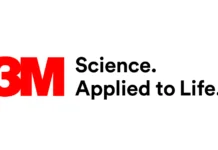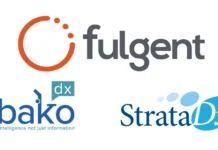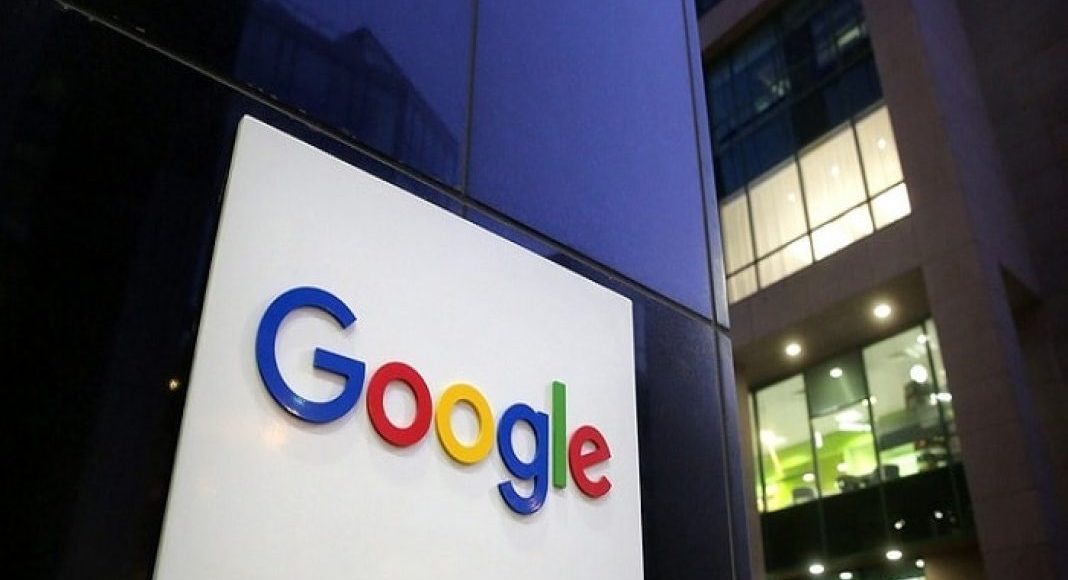Alphabet, using Google, is casting a wide net over healthcare, from a project to release sterilized mosquitoes to reduce the spread of infectious diseases to diabetes management, AI and possibly even health insurance, according to a new CB Insights analysis.
The company also wants to tackle the interoperability conundrum by powering a healthcare data infrastructure layer. The infrastructure will include new data pipes for providers, payers and others, use of Google Cloud and a Google’s own healthcare datasets for third parties.
Through acquisitions, the internet giant is poised to make inroads in a number of disease areas including cancer, chronic obstructive pulmonary disease, mental/behavioral health and aging.
Dive Insight:
Google is positioning itself as an AI/machine learning company, according to the report.
In the area of cancer, Google’s DeepMind is working with the U.K.’s National Health Service and Cancer Research UK Center at Imperial College London on early detection of breast cancer. DeepMind is also exploring the use of AI to improve radiotherapy mapping for head and neck cancers.
Google has shown interest in mental health via investment in Quartet Health, a startup that helps primary care doctors identify untreated disorders and steer patients to treatment. That relationship could help Google develop tools to detect behavioral health problems quicker.
With the graying of the population, aging stands to be a huge market opportunity. Calico, a Google spinoff, is exploring the impact of lifestyle behaviors, genetics and cellular dynamics on the aging process. The company is also looking at creating anti-aging drugs.
Through its life sciences arm Verily, Google is also working to develop tools for doctors. With Johnson & Johnson, the company is developing robots for surgeries. Google also patented a combination blood pressure cuff, camera and vision tool that assists doctors in conducting a test used to diagnose right ventricle dysfunction — a potentially life-threatening condition.
Despite an array of healthcare initiatives and potential opportunities, Google faces hurdles on its path to disrupt healthcare. The report cites a Morning Consult and Politico poll showing 53% of people don’t trust Google with their data. That could be problematic for initiatives that require large databases and data sharing.
Google’s organizational structure, which includes a number of subsidiaries, could be a drawback, too, by siloing research and development efforts. “Eventually, the company will want to implement the lessons and most successful projects from across its various organizations into cohesive solutions,” the report said.
The report also questions Google’s “spray-and-pray approach” to AI solutions in healthcare, suggesting the company would be better off concentrating on a few select projects.


















